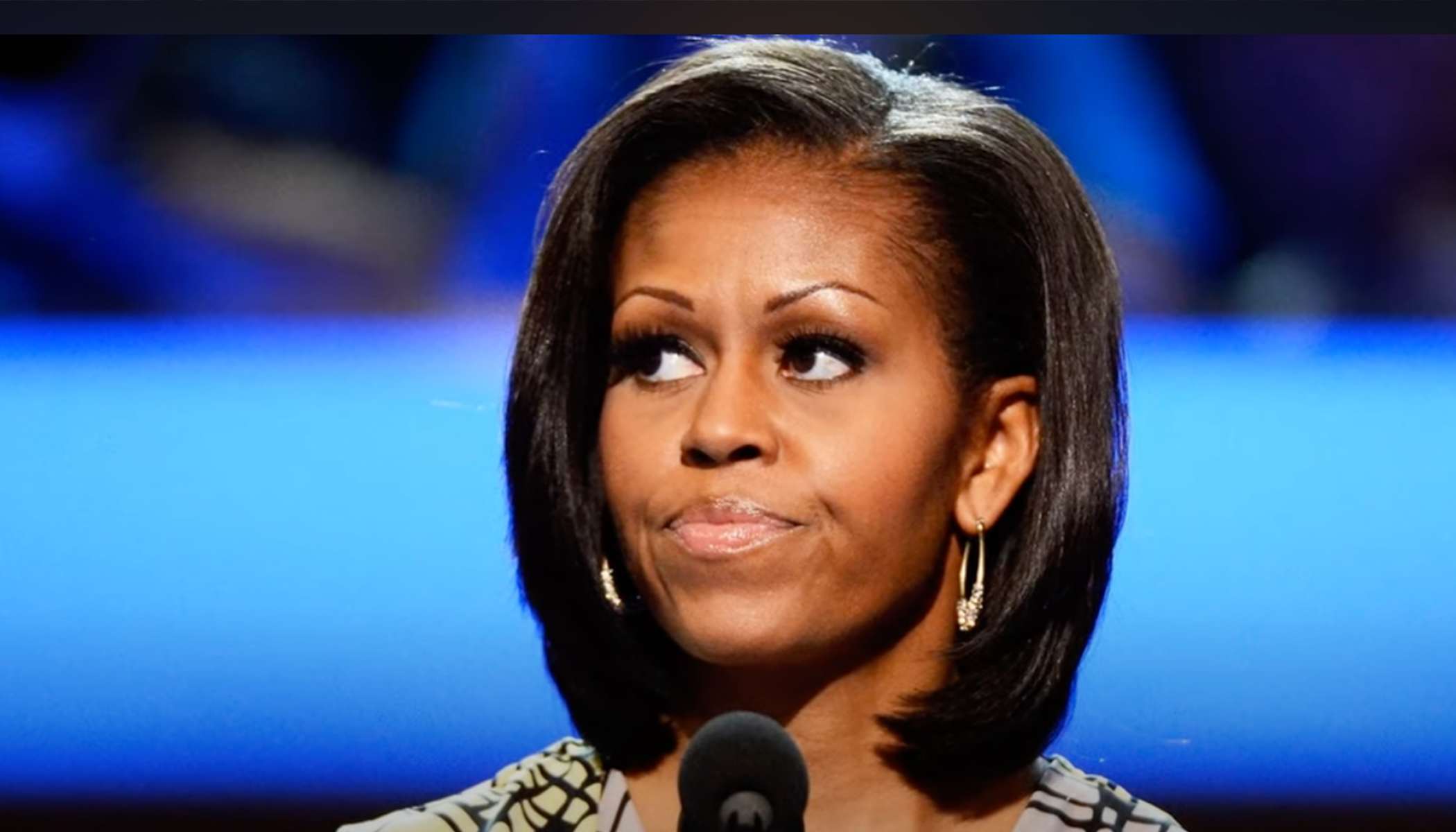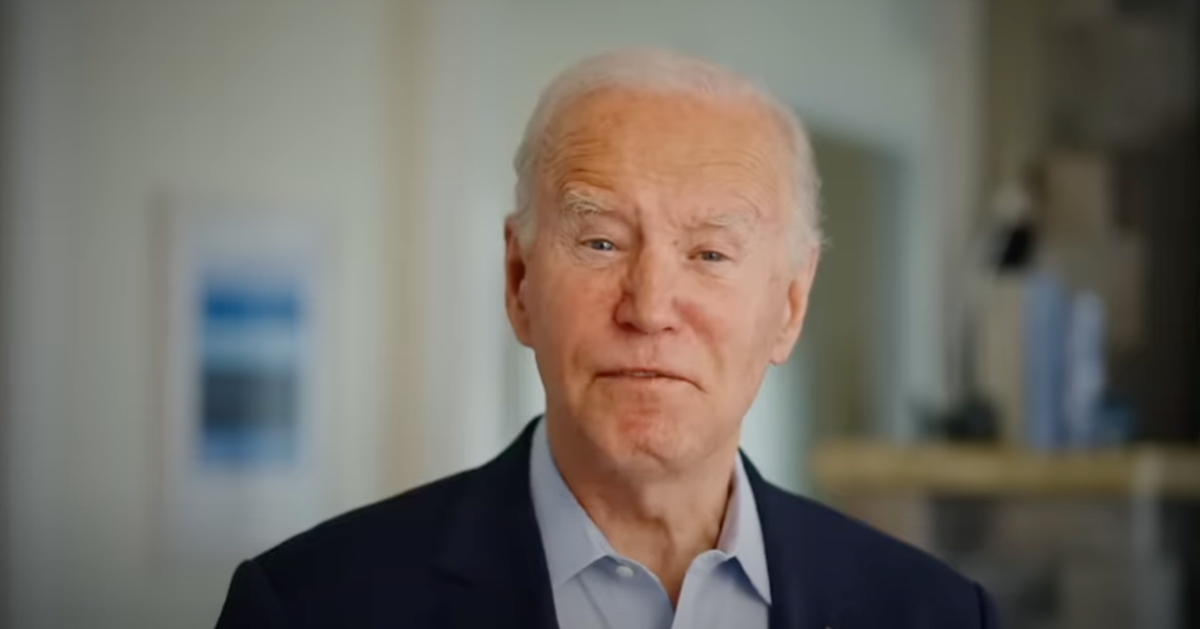NYT Takes Aim at Harris: Brutal Op-eds Raise Doubts About Readiness for WH
In the wake of President Joe Biden's withdrawal from the 2024 election race, media sentiment surrounding Vice President Kamala Harris has taken a sharp turn.
Once hailed as a strong contender for the presidency, Harris is now under intense scrutiny from various media outlets, including the New York Times, with critics questioning her ability to lead, particularly in the areas of economic management and policy clarity, as the Daily Mail reports.
The initial optimism that greeted Harris as Biden's successor has given way to a wave of harsh criticism, casting doubt on her readiness to assume the highest office in the nation.
At last week's Democratic National Convention, Harris delivered a speech that many viewed as lackluster, failing to ignite enthusiasm among party members.
This muted response was just the beginning of a cascade of critiques from prominent publications, including the Times, the Wall Street Journal, and The Hill. These outlets have not only questioned Harris's policies but have also raised concerns about her character and approach to governance.
New York Times Leads the Charge Against Harris
Patrick Healy of the New York Times was among the first to voice reservations, particularly about former President Bill Clinton's endorsement of Harris during the convention. Healy expressed discomfort with Clinton's portrayal of Harris as the "president of joy," suggesting that such a label was insufficient to convince voters of her capability to handle the nation's economy. Healy further emphasized that Harris's success would depend on gaining the trust of swing state voters, who are skeptical of her economic policies.
Rich Lowry, in another New York Times essay, did not mince words, labeling Harris as "weak and a phony." He criticized her record on key issues such as border security, inflation, and tax policies, arguing that her focus on party loyalty over economic reality has hurt the middle class.
Lowry's scathing assessment extended to Harris's perceived lack of genuine concern for the country, highlighting what he sees as her prioritization of political image over substantive policy.
Roger Lowenstein added to the chorus of disapproval in the Times, focusing on Harris's proposed price controls. Lowenstein pointed out that price controls, historically, have led to negative economic outcomes such as shortages and higher prices. He expressed frustration with Harris's seeming ignorance of these consequences, suggesting that her proposals are out of touch with current economic realities.
Wall Street Journal and The Hill Join the Criticism
The Wall Street Journal has also taken Harris to task, with James Freeman attributing part of the blame for the country's inflation to her support of Biden's spending policies.
Freeman criticized Harris for casting crucial tie-breaking votes in the Senate, which he believes fueled inflationary pressures. He also warned that her proposed tax hikes could further slow economic growth, raising concerns about her approach to fiscal policy.
In a podcast discussion, Wall Street Journal columnists Bill McGurn and Kim Strassel discussed Harris's performance at the DNC, describing her speech as "tired" and lacking in policy clarity. Strassel suggested that Harris's campaign strategy relies on ambiguity, making it difficult for voters to understand her actual plans if elected.
Derek Hunter, writing in The Hill, was even more blunt in his assessment, calling Harris an "empty pantsuit" who has benefited from favorable media coverage while avoiding accountability. Hunter criticized Harris for securing the Democratic nomination without facing the scrutiny of primary voters, a rarity in American politics. His critique extended to her overall platform, which he described as light on substance and heavy on media-driven hype.
The Media's Role in Harris's Rise
Gerard Baker of the Times of London echoed these sentiments, noting that Harris's rise has been aided by a media landscape more interested in promoting her candidacy than in critically examining her policies and leadership abilities. Baker argued that this lack of scrutiny has allowed Harris to maintain a platform that is "light and vapid," supported more by positive media coverage than by solid policy proposals.
Merrill Matthews, writing in The Hill, questioned the transparency of Harris's economic policy, coining the term "Kamalanomics" to describe the vague and undefined nature of her proposals. Matthews noted that despite Harris's time in office, there is still little clarity on what her economic strategy would entail if she were to become president.
Conclusion: Media Shifts Focus to Harris's Preparedness
As Kamala Harris steps into the spotlight as a potential presidential candidate, the media's tone has shifted from one of cautious optimism to pointed criticism. Publications like the New York Times, the Wall Street Journal, and The Hill have begun to question her readiness to lead, particularly in light of her record on economic issues and her perceived reliance on favorable media coverage.
With the Democratic National Convention behind her, Harris now faces the challenge of convincing voters that she is more than just a media darling—that she is ready to handle the complexities of the presidency.
In summary, the recent surge of critical op-eds and essays suggests that Harris's journey to the White House may be more difficult than anticipated. As the election season progresses, the vice president will need to address these criticisms head-on to reassure both her party and the electorate that she is the right choice to lead the nation.





